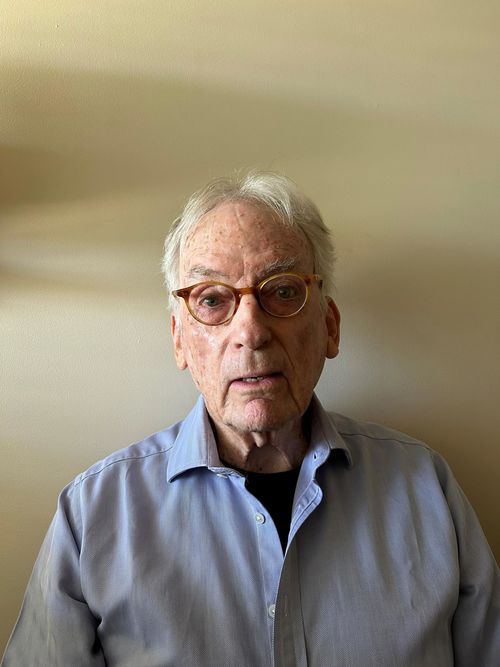
Mondrian: Paris, and a Better World
- This is a past program
In the second of a four-part lecture series, art historian and curator John Walsh discusses the career of the pioneer abstractionist Piet Mondrian (1892–1944). Cubism suggested new possibilities for representing the visual world, which Mondrian explored, step by step, on the way to his own radical solution.
John Walsh, an independent art historian, was Director of the J. Paul Getty Museum from 1983 until 2000. After graduating from Yale and getting his PhD from Columbia, he worked as a curator at the Metropolitan Museum and the Museum of Fine Arts in Boston and taught art history at Columbia and Harvard. Since he left the Getty he has been teaching part-time at Yale and giving public lectures there. He has previously given lecture series at the Hammer on Vincent Van Gogh and Rembrandt van Rijn.
ATTENDING THIS PROGRAM?
Ticketing: Admission is free. Your seat will be assigned to you when you pick up your ticket at the box office. Seats are assigned on a first come, first served basis, limit one per visitor. Box office opens one hour before the event.
Member Benefit: Subject to availability, Hammer Members can choose their preferred seats and pick up tickets for one additional guest. Members receive priority ticketing until 15 minutes before the program. Learn more about membership.
Parking: Self-parking is available under the museum. Rates are $8 for the first three hours with museum validation, and $3 for each additional 20 minutes, with a $22 daily maximum. There is an $8 flat rate after 5 p.m. on weekdays, and all day on weekends.
Press: If you are a member of the press and are interested in attending and covering the program, please email Santiago Pazos at spazos@hammer.ucla.edu for accommodations.
Read our food, bag check, and photo policies.
♿ Accessibility information







